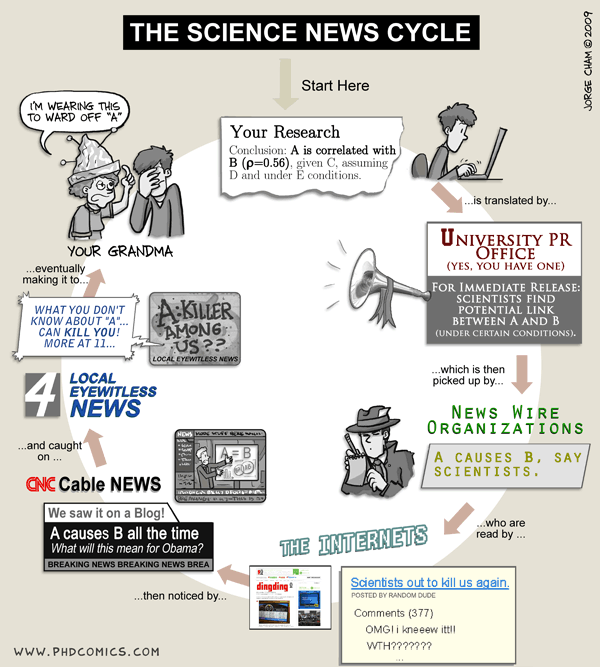- Joined
- Jul 27, 2010
- Messages
- 1,846
- Reaction score
- 1,564
Argosy Fined $3.3 Million by Colorado
http://www.denverpost.com/news/ci_24663345/argosy-university-denver-fined-3-3-million-deceptive
http://www.denverpost.com/news/ci_24663345/argosy-university-denver-fined-3-3-million-deceptive
Argosy University Denver, a for-profit school, will pay $3.3 million in restitution and fines for engaging in deceptive marketing practices, the Colorado attorney general's office said Thursday.
"Our investigation revealed a pattern of Argosy recklessly launching doctoral degree programs without substantiating or supporting that they led to the advertised outcomes," Deputy Attorney General Jan Zavislan said in a statement. "That is illegal under Colorado law and why we are holding Argosy accountable."
Carolyn Tyler, a spokeswoman for the attorney general's office, said that $2.7 million of the assessment against Argosy will be returned to students to help them retire their college debt.
The investigation began after complaints in 2007. Students said they were led to believe the school was seeking to have its doctorate of education in counseling psychology degrees accredited by the American Psychological Association, which was not the case.
Although students were told they would be eligible to become licensed psychologists, the program's curriculum and requirements were deficient and left them unlikely to be licensed in Colorado. One program failure was a lack of adequate internships in the state, the attorney general's office said in a statement.
The attorney general's office said its investigation revealed a pattern of deceptive behavior by the school. The settlement requires Argosy to offer programs that meet state requirements and program accrediting standards so students are eligible for certification or licensure.
In a statement, Argosy officials acknowledged the agreement to pay the $3.3 million fine.
"At Argosy University, student achievement is our top priority, and we are committed to constant improvement," said Chris Hardman, vice president of communications.

 There's no "break out the champagne" smiley.
There's no "break out the champagne" smiley.